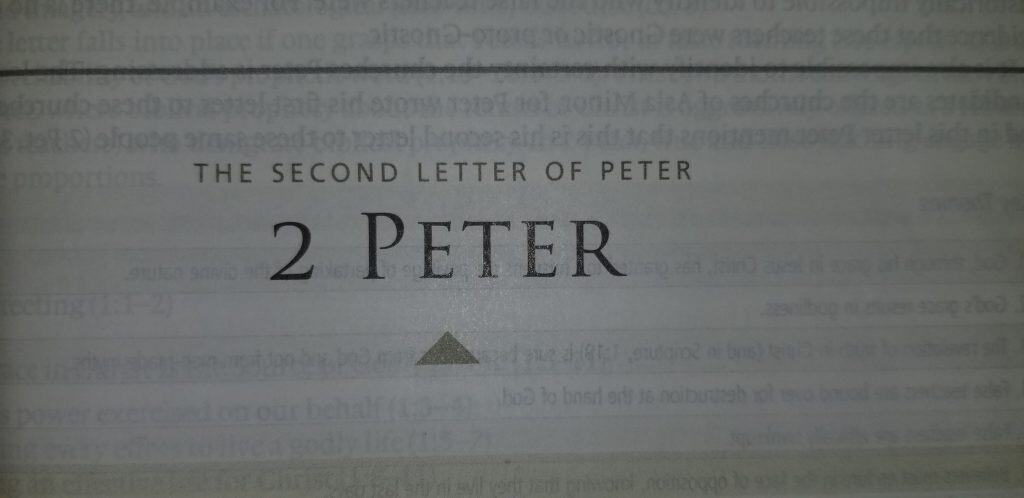⏱️ Estimated Reading Time: 3 min read
2 Peter 1:1-2, “Simeon Peter, a servant and apostle of Jesus Christ, To those who have obtained a faith of equal standing with ours by the righteousness of our God and Savior Jesus Christ: 2 May grace and peace be multiplied to you in the knowledge of God and of Jesus our Lord.”
In the history of world civilization, no book has been as well-loved or as attacked as the Bible. In that vein of thought, no book in the New Testament as has faced as many doubts regarding it’s placed in the canon as 2nd Peter. 2 Peter was one of the last books to be received into the New Testament canon, and some people even think it was not from Peter’s pen. The style and language of 2nd Peter are different than 1 Peter, and the letter also uses words that are not found anywhere else in the Scriptures, although, they are found among other works of the period. As the ancient church was aware, these differences can be explained with good answers. Peter used Silvanus as a secretary in composing his first letter, but whether he used one to write 2 Peter is not known. When an ancient written work comes down to us bearing the name of its author, we ought to take it seriously. Many claim that 2 Peter is written in Peter’s name even though Peter’s had nothing to do with the letter’s composition. With that said, the evidence suggests otherwise. The early church received the letter into the canon of Scriptures.
2 Peter 1:14 implies that Peter’s death is imminent placing the date of the composition during the reign of Nero, who tradition has crucifying Peter upside down (65 A.D.). The audience is likely the same as that of 1 Peter- predominately Gentile congregations in northern Asia Minor (modern-day Turkey)
Peter composed this letter as a final reminder for the surety of the second coming of the Lord Jesus and the need for personal holiness. False teachers denying both of these doctrines had arisen among his audience and in his second epistle, so Peter leaves the people of God with final words of encouragement less they fall prey to such errors.
As Christians, we should be wary of doctrinal error, but we also need to explain that we often may mistake a desire for doctrinal purity to promote our own opinions regarding negotiable matters. As we study 2nd Peter, please pray for the illumination of the Holy Spirit so that you may learn to discern between the gospel for which we must be willing to die and the things about which orthodox Christians may charitably disagree. If you have been contentious over minor matters, please make amends with your brothers and sisters in Christ whom you have offended.




